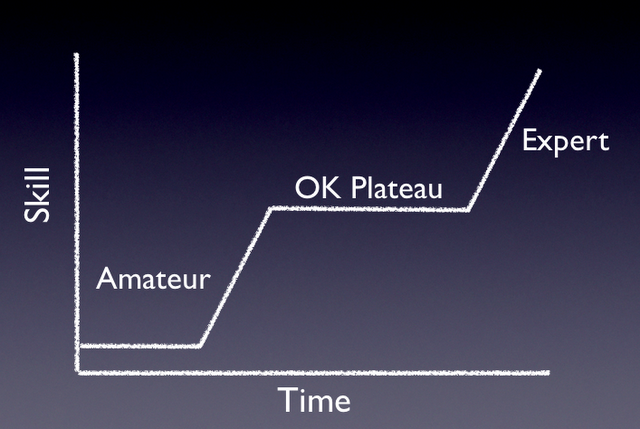Bass players shouldn’t strictly rely on advice from other bass players. The same can be said for any musician, e.g. sometimes advice by a piano player can be applied to the guitar. Well, I once heard one bit of advice that could probably help out any musician at their instrument. This goes double for anyone that uses amplification and effects to obtain their own sound.
I was once standing outside my house with two fellow guitar players. One of those guitarists was very accomplished at his instrument; the other guitarist, not so much.
Have you ever been around a musician that had this abysmal playing style and you just wanted to find some way to tell them that what they’re going about music all wrong? Of course, we’ve all been in some situation where you want to tell someone that they’ve got to change their approach but there’s no nice way to phrase it. So how do we do go about dropping subtle hints without damaging their fragile ego?
We usually tell a personal story veiled as a life lesson and thrown out as an aside.
When using this approach, the story is usually riddled with how furious it makes you when a musician that you “met one time” does a certain thing and how this person needs to cut the shit and figure things out.
Well, the one accomplished guitarist has great right-hand technique, i.e. a very tight and precise picking style. The other guitarist has absolutely horrible right hand technique.
So the one guitar player goes into this story about learning guitar. “When I started playing guitar I just tried to emulate what I heard coming out of my speakers. I wanted to play what my favorite guitar players were doing. So I just kept working at it until what was coming out of my speakers was the same as what was coming out of their speakers.”
Simple in concept but damn hard in design.
As musicians we can tend to fool ourselves into thinking that what we’re playing is “right.” It’s like when I watch American Idol and a contestant horribly sings a song and is then shocked to find out that the judges hate them. They usually always say, “Well, I sang all the notes.”
It’s not all about playing the notes. There’s timing, accuracy, pitch, clarity, intonation, phrasing, etc. etc.
Don’t fool yourself into thinking that just because you can play the notes that what you’re playing is right. If your ears work, use them. Ask yourself if what you’re playing actually emulates the source material. Yeah, there are times when you might not have the right amplifier or effects chain but take all that stuff out of the equation. If you’re a guitar player and your jamming to Metallica or some Iced Earth then your right hand technique has to be on point. Your palm muting has to be at pro level. And if you’re sitting there wondering why it doesn’t sound like the recording then it’s probably cause you have a bunch of noisy mess ringing out on unmuted strings that should be silenced.
(‘But all that stuff is cleaned up in the studio. And what about Noise Gate?‘ Listen, asshole. You should always be able to duplicate what’s recorded in the studio. Don’t chalk everything up to tricks).
If you’re a bass player and you’re playing a Megadeth song finger-style and your wondering why the song is lacking attack then maybe you should learn how to play with a pick.
I made this mistake when I first got into Michael Manring’s playing. I assumed that his endless sustain and beautiful tone was due to effects. Actually the endless sustain was due to him using an Ebow and his beautiful tone is chalked up in having great intonation on a fretless, his use of piccolo bass strings, and the build of the Zon hyperbass.
So yeah, if you like a certain player’s sound then work at it and see if you can duplicate it. Not just with effects but with your actually playing technique. I’m going to go ahead and venture to say that 90% of the tone your hearing is from the technique of the player (mainly the right hand technique) and the last few bits comes down to the quality of the instrument.




